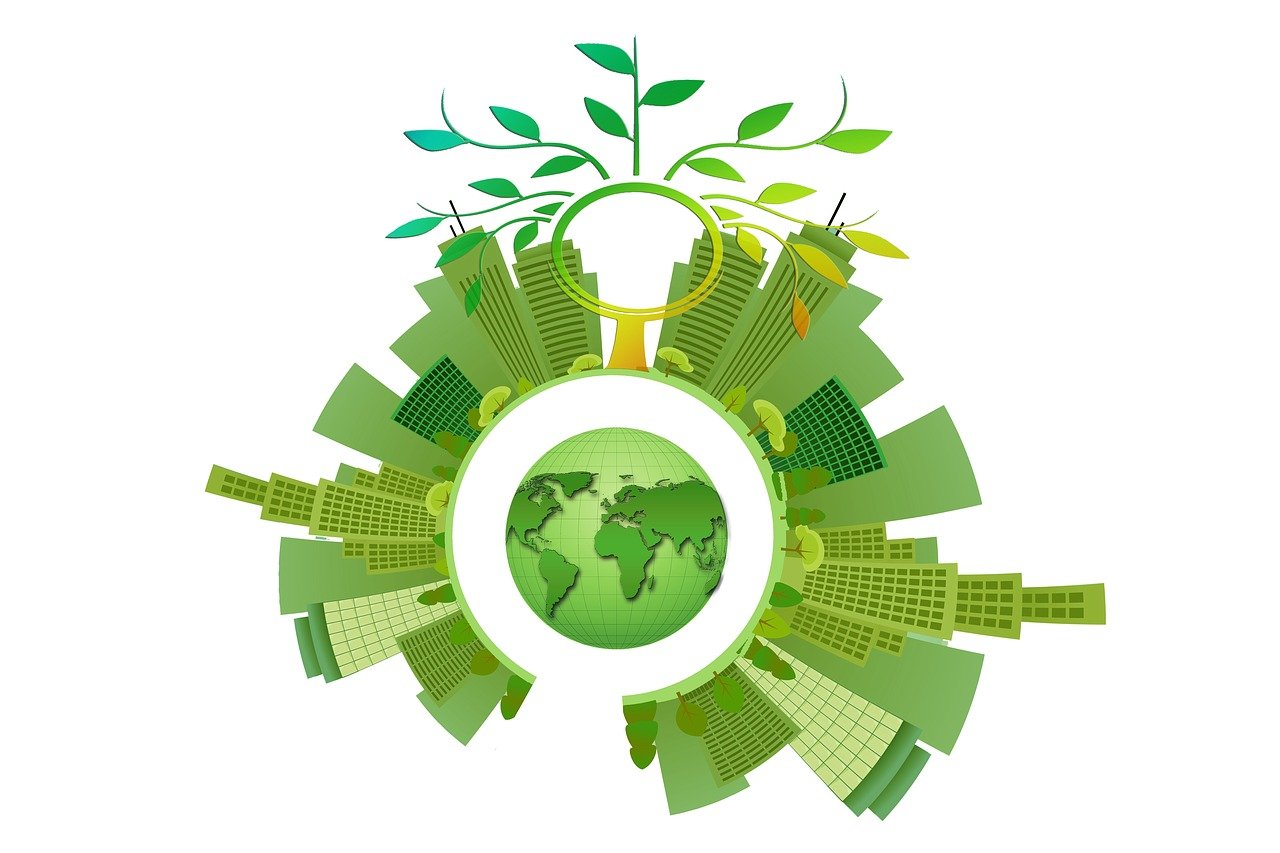In recent years, sustainability has become more than just a buzzword. It’s now a critical focus for many businesses as they seek to reduce their environmental impact while maintaining profitability. Companies that commit to sustainable practices not only benefit the planet but also gain trust and loyalty from increasingly eco-conscious consumers. This shift towards sustainable operations isn’t just a trend; it’s reshaping industries. Let’s explore some business sustainability case studies to inspire you to meet your company’s environmentally friendly goals.
Patagonia: A Leader in Environmental Activism
Patagonia, the outdoor apparel company, is often seen as a gold standard in sustainability. From the very beginning, the company has prioritized the environment, embedding sustainability into every aspect of its business. Patagonia’s “Worn Wear” initiative encourages customers to repair, reuse, and recycle their gear instead of purchasing new items, thereby reducing waste and promoting circular economy principles. Additionally, the company donates 1% of its annual sales to environmental organizations. By aligning its business model with its climate goals, Patagonia has built a strong, loyal customer base that values ethical practices as much as quality products.
IKEA: Pioneering Renewable Energy and Recycling
IKEA, the global furniture giant, has made impressive strides in its sustainability efforts over the last decade. The company aims to become climate-positive by 2030, which means reducing more greenhouse gas emissions than it generates. To achieve this, IKEA has invested heavily in renewable energy, including wind farms and solar panels, and has committed to using only recycled or renewable materials in its products by 2030. IKEA’s sustainability agenda also extends to customers, as they have launched buy-back and recycling programs to reduce furniture waste. These efforts have helped solidify IKEA’s reputation as a forward-thinking, environmentally conscious business.
Unilever: Focusing on a Sustainable Supply Chain
Unilever, a multinational company that owns brands like Dove, Ben & Jerry’s, and Lipton, has made significant progress in integrating sustainability into its supply chain. The company’s “Sustainable Living Plan” set ambitious goals to improve health, reduce environmental impact, and enhance livelihoods by 2020. One of Unilever’s key successes has been sourcing 100% of its palm oil from certified sustainable sources, a major milestone in an industry notorious for deforestation. Moreover, Unilever is committed to cutting its use of virgin plastic in half by 2025. The company’s dedication to a sustainable supply chain has not only reduced its environmental footprint but has also made it a role model for others in the consumer goods industry.
Google: Leading the Way with Renewable Energy
Tech companies are often associated with large carbon footprints due to their data centers and global operations, but Google has made significant efforts to counterbalance its environmental impact. Since 2017, Google has matched its entire electricity consumption with renewable energy purchases, making it the largest corporate buyer of renewable energy in the world. Google’s data centers are also some of the most energy-efficient, using 50% less energy than the industry average. The company’s next ambitious goal is to run all of its data centers on carbon-free energy 24/7 by 2030. Google’s commitment to sustainability proves that even tech giants can play a pivotal role in reducing global emissions.
Tesla: Paving the Way for Sustainable Transportation
Tesla, the electric vehicle (EV) manufacturer, has been at the forefront of revolutionizing the automotive industry with its sustainable approach to transportation. By focusing on electric vehicles, Tesla has helped reduce global reliance on fossil fuels and sparked a widespread transition to cleaner energy. The company’s vehicles are powered by lithium-ion batteries that offer an alternative to traditional gasoline-powered engines, significantly lowering emissions. Tesla’s Gigafactories, which produce EV batteries and energy storage systems, are designed to run on renewable energy, further advancing the company’s green agenda. Tesla’s leadership in sustainability has not only made EVs more mainstream but has also pressured other car manufacturers to follow suit.
Danone: Prioritizing Sustainability Across Product Lines
Danone, the multinational food company, has made significant progress in embedding sustainability across its product lines and operations. Committed to achieving carbon neutrality by 2050, Danone has already reduced its carbon emissions by over 30% since 2008. The company focuses on sustainable agriculture, aiming to work closely with farmers to promote regenerative farming practices that restore ecosystems and improve soil health. Additionally, Danone has shifted its packaging strategy toward eco-friendly solutions, with a goal to use 100% recyclable, reusable, or compostable materials by 2025. Through these efforts, Danone exemplifies how a global food company can take meaningful action toward a more sustainable future while continuing to grow its business.
A Path Forward for Businesses
These examples demonstrate that sustainability isn’t just an idealistic goal; it’s an achievable reality for businesses willing to invest in long-term change. Whether it’s reducing waste, sourcing sustainable materials, or transitioning to renewable energy, companies like Patagonia, IKEA, Unilever, Google, Tesla and Danone have shown that environmentally responsible practices can be successfully integrated into a profitable business model. As more businesses follow in their footsteps, the future looks increasingly sustainable, both for the planet and for industries. Sustainability is no longer a choice—it’s a necessity, and these companies are leading the way.



 Bitcoin
Bitcoin  Ethereum
Ethereum  Tether
Tether  XRP
XRP  Solana
Solana  USDC
USDC  TRON
TRON  Lido Staked Ether
Lido Staked Ether  Cardano
Cardano  Avalanche
Avalanche  Toncoin
Toncoin